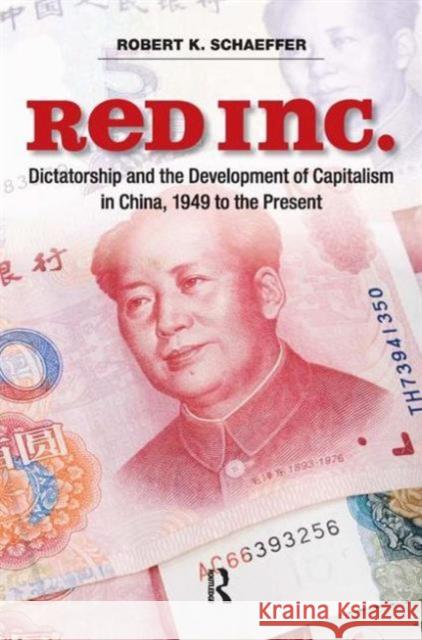Red Inc.: Dictatorship and the Development of Capitalism in China, 1949-2009 » książka
Red Inc.: Dictatorship and the Development of Capitalism in China, 1949-2009
ISBN-13: 9781594517129 / Angielski / Miękka / 2012 / 272 str.
Red Inc. provides a sweeping, critical account of the political and economic changes that have transformed China since 1949. Although many observers argue that Deng Xiaoping introduced capitalism to China in the late 1970s, Red Inc. demonstrates that capitalist development really began during the 1950s under Mao Zedong. But while Mao made relentless efforts to generate the capital needed to finance economic development his regime failed to promote any real growth. By contrast, Deng successfully used reforms to promote rapid growth. Importantly, China's remarkable success was assisted by U.S. officials and by foreign investors who were persuaded by crises in democratizing countries across Asia and Latin America to migrate to China in search of low-wage labor and to bankroll China's industrialization during the 1990s. Rapid growth has provided the regime with new and often corrupt sources of wealth and power that have enabled it to stifle dissent and deter democracy. Red Inc. challenges conventional accounts of political and economic change in China, takes issue with the view that economic development will eventually promote democracy in China, punctures the regime's self-serving rationalizations about costly and problematic economic and social policies, and provides a detailed account of the enormous social costs imposed on rural and urban workers, in particular on women and girls, by the regime's uncompromising approach to capital accumulation.











